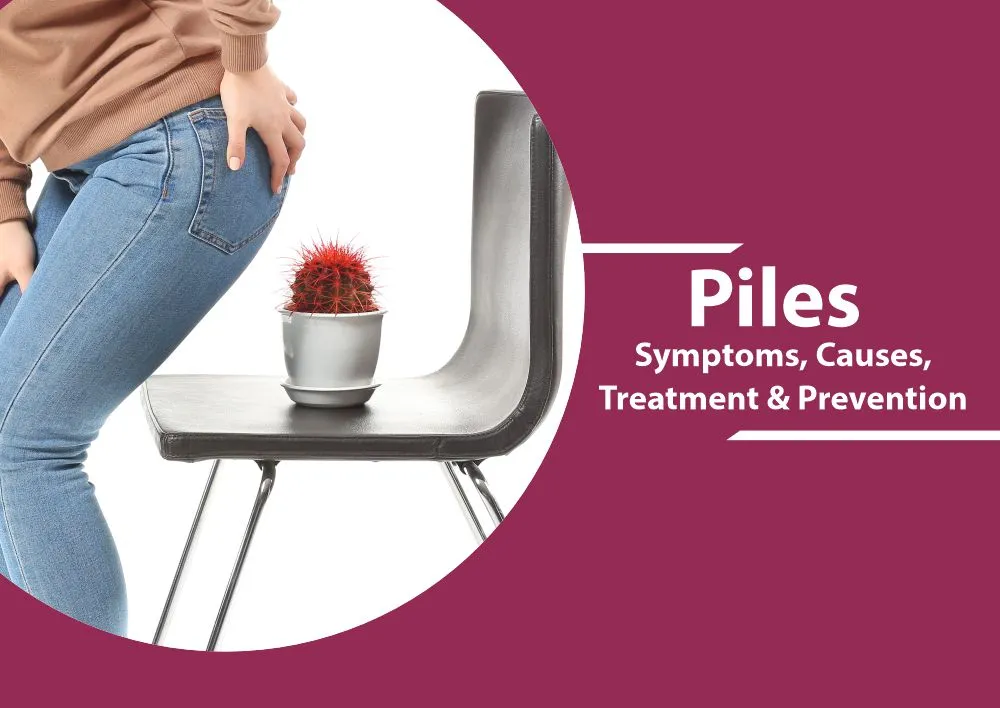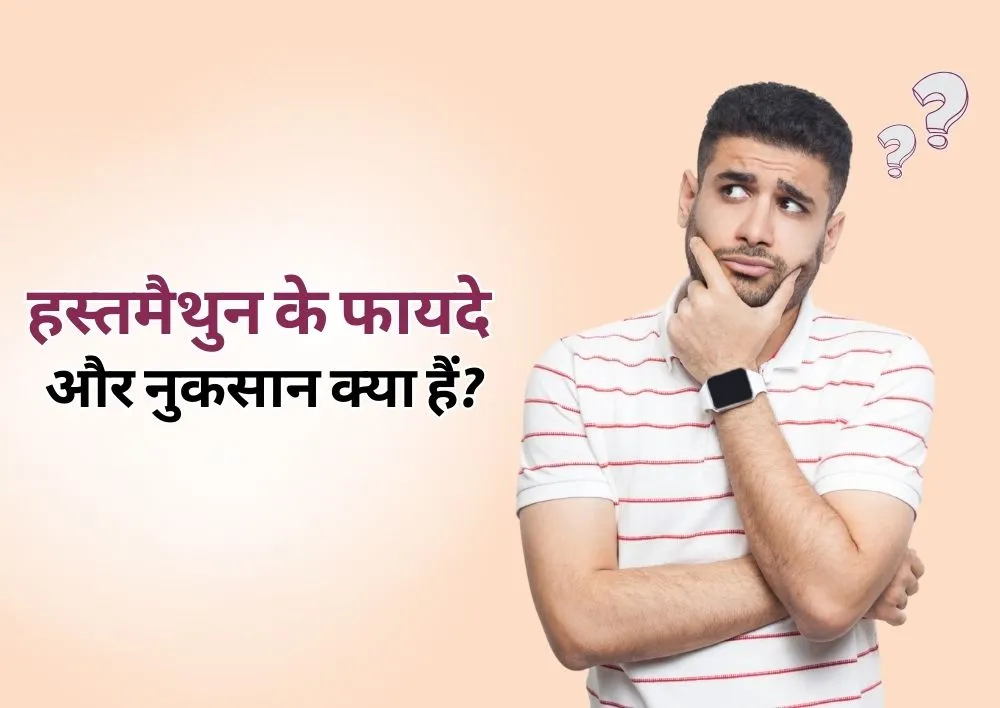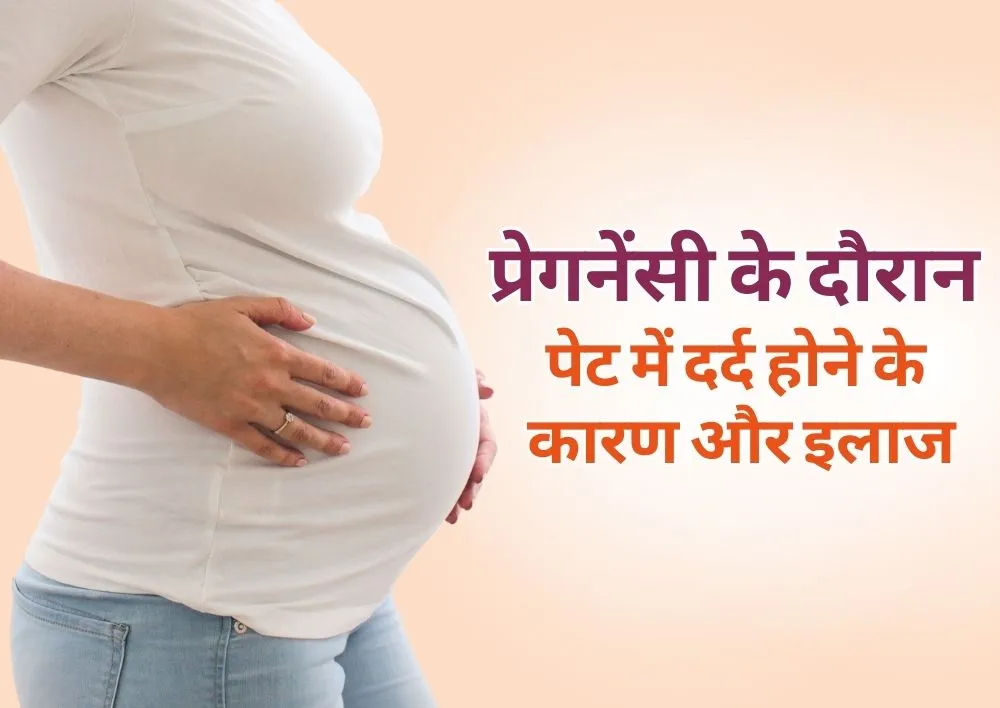Understanding Piles: Symptoms, Causes, Diagnosis, Treatment, and Prevention
Piles, also known as hemorrhoids, are swollen veins in your lower rectum and anus. These swollen veins are similar to varicose veins in the legs. Piles can develop inside the rectum or under the skin around the anus. This is a very common condition but not openly discussed. Millions of people worldwide are affected by this. Understanding its symptoms and causes is important for diagnosis and treatment.
Miracles Apollo Cradle/Spectra is the best pile treatment hospital in Gurgaon. We are well-known for providing expert care. We are well equipped with renowned piles specialists in Gurgaon and cutting-edge technology. We offer minimally invasive procedures and personalized treatment plans tailored to your unique needs. From painless advanced laser therapy, we prioritize minimizing recovery time and discomfort. If you are experiencing the discomfort and pain of piles? Choose us for expert care and lasting relief.
In this blog post, we will thoroughly discuss Piles, their signs, reasons, diagnosis, treatment, and prevention for those who are dealing with them.
What are Piles?
Piles are enlarged and swollen veins inside of the lower rectum or under the skin around the anus. These are of two types: Internal Piles and External Piles. Internal hemorrhoids are painless but red and may bleed during bowel movements. On the other hand, External hemorrhoids can cause pain, itching, and burning while sitting or during a bowel movement. Pushing during bowel movements, chronic constipation, lifting heavy objects, and pregnancy can increase the chance of piles. In most cases, hemorrhoids improve on their own with easy remedies. However, in complex cases, doctors may recommend medical or surgical procedures.
What are The Types of Piles?
Piles can occur inside or outside of your rectum and anus. Its type depends on the location of the development of the swollen vein.
The Types of Piles include:
-
External Piles: These types of piles develop under the skin around the anus and can appear as lumps. The external hemorrhoids can be tender, itchy, and painful especially when sitting or during a bowel movement. They sometimes fill with blood and form clots, which can cause intense pain and swelling.
-
Internal Piles: The internal hemorrhoids develop inside the rectum. The rectum is a part of the digestive system that connects the large intestine to the anus. Sometimes, Internal piles can push through the anal opening. They are typically painless but sometimes bleed.
-
Prolapsed Piles: These are both internal and external piles that have become enlarged and bulge outside of your anus. This type of hemorrhoid may cause pain and bleeding and may become infected if not cared for properly.
What are the Symptoms of Piles?
Piles can cause several symptoms. It can vary depending on the type of piles. The severity of piles symptoms can range from mild to severe.
Internal Hemorrhoids:
-
Painless bleeding
-
Bright red blood on the stool
-
Soft Lumps near the anus
-
Discomfort when wiping or sitting
External Hemorrhoids:
-
Itching and Irritation in the anal area.
-
Constant Burning sensation and discomfort in the anus
-
Pain and Tenderness when sitting or during bowel movements
-
Small lump near the anus
-
Bleeding
Prolapsed Hemorrhoids:
-
Sudden and intense pain
-
Bleeding and clotting
-
Swelling and hardness in the affected area
What are the Causes of Piles?
Several factors can cause the piles, including:
-
Family History: People with a family history of piles may be at risk of developing the condition.
-
Sedentary Lifestyle: Lack of physical activity and prolonged sitting can decrease circulation and lead to piles.
-
Pregnancy: The pressure on the pelvic area because of an increase in weight during pregnancy can contribute to the piles.
-
Obesity: Excess weight can put pressure on the veins in the rectum and anus, increasing the chance of developing piles.
-
Chronic Constipation or Diarrhea: These conditions can put pressure during bowel movements and increase the risk of piles.
If you suspect you have piles, it is necessary to consult a piles specialist doctor for a proper diagnosis and treatment.
How are Piles Diagnosed?
The Common diagnostic methods include:
-
Physical Examination: Your doctor will examine the anal area to check for external signs of piles.
-
Digital Rectal Examination (DRE): To conduct the DRE, your doctor will insert a gloved and lubricated finger inside your rectum. This examination is performed to check for abnormalities in the rectum.
Your doctor may recommend other diagnostic procedures such as sigmoidoscopy or colonoscopy to examine the rectum and colon area.
-
Sigmoidoscopy: Your doctor will use a lighted tube with a camera called a sigmoidoscope to view inside the lower part of your colon and rectum for internal piles.
-
Colonoscopy: To confirm the findings from other diagnostic procedures, the piles specialist may order a colonoscopy to detect the signs of colon cancer.
How Can We Treat Piles at Home?
Piles usually go away on their own without treatment. But to relieve its symptoms, different home remedies can be used in consulting with your doctor including:
Dietary Changes:
-
Increase Fiber Intake: Fibers help soften stools, prevent constipation, and reduce pressure during bowel movements. So, it's important to consume fiber-rich products such as fruits, vegetables, and whole grains.
-
Stay Hydrated: Make a habit of drinking plenty of water and other fluids throughout the day. It helps keep your stools soft.
-
Avoid Constipation-inducing Foods: Try to avoid or limit constipation-inducing foods because they can increase the chance of constipation. The constipation-inducing foods include processed foods, refined grains, red meat, and dairy.
Lifestyle Modifications:
-
Avoid Prolonged Sitting: Take regular breaks. Make a habit of getting up from your seat every 30 minutes and moving around. It helps reduce pressure on the veins in the rectum.
-
Wear Loose Clothing: Avoid wearing tight-fitting clothing to avoid the affected area becoming irritated.
-
Sitz Baths: Take a warm bath for 10-15 minutes twice or thrice a day to soothe pain, swelling, and itching.
-
Witch Hazel Pads: After every bowel movement, apply witch hazel pads to relieve discomfort and itching.
-
Avoid Pushing During Bowel Movements: Pushing when using the toilet can worsen piles. So, it is important to take your time and relax during bowel movements.
-
Try a Stool Softener: If you are suffering from constipation, take an over-the-counter stool softener. It helps soften your stools and make them easier to pass.
-
Maintain Anal Hygiene: After every bowel movement, make a habit to gently clean the anal area with mild soap and warm water.
How Do Doctors Treat Piles?
The treatment of piles varies based on its severity and type. Some common treatment techniques include:
-
Topical Treatments: Doctors prescribe some over-the-counter creams and ointments to help relieve itching and discomfort.
-
Medications: Doctors may recommend pain relievers, stool softeners, or anti-inflammatory medications to manage the symptoms of piles.
-
Minimally Invasive Procedures: In some cases, piles surgery specialists conduct procedures such as laser surgery to reduce the removal the piles.
-
Surgery: For severe cases, surgeons may recommend surgical intervention to reduce the size or remove the piles.
How Can We Prevent Piles?
To maintain digestive health, some preventive measures can be taken. These steps can help prevent constipation which is the primary cause of constipation.
These steps include:
-
Maintain a Healthy Diet: Consume a fiber-rich diet that includes fruits, vegetables, and whole grains. It helps promote regular bowel movements.
-
Stay Hydrated: Drinking plenty of water. It helps soften stools and prevents constipation.
-
Exercise Regularly: Involve yourself in physical activities. They help promote healthy circulation and maintain healthy weight.
-
Avoid Pushing: Don't push yourself during bowel movements and use a stool softener to soften the stool.
-
Practice Healthy Toilet Habits: Avoid prolonged sitting on the toilet and use moist wipes to clean after bowel movements.
Conclusion
Piles are a common condition that can affect anyone. It is possible to prevent and manage hemorrhoids but with proper understanding, diagnosis, and treatment. You can adopt several healthy habits and medical treatments to relieve symptoms and improve your quality of life. If you suspect you have piles or are experiencing symptoms, don't hesitate to consult with a piles specialist near you for guidance and care.
Choosing Miracles Healthcare piles treatment could be advantageous for several reasons. We offer an advanced treatment for piles which includes medical treatments, and minimally invasive procedures like laser surgery. This advanced treatment boasts faster recovery, minimal pain, and minimal scarring compared to traditional surgery. We have a team of highly experienced piles specialists in Gurgaon who use cutting-edge technology to increase success rates and lower the risk of complications. We are renowned for providing comprehensive care, patient comfort, and reliable aftercare.
Miracles Healthcare offers comprehensive healthcare services through multiple facilities: Miracles Apollo Cradle, Miracles Apollo Cradle/Spectra, Miracles Fertility & IVF Clinic, and Miracles Mediclinic. Our facilities are located in Sec 14, Sec 56, and Sec 82, making daily healthcare more convenient for the people of Gurgaon.
Don't delay your well-being. Contact Miracles Healthcare today and let our expertise relieve your pain and get you back to living life to the fullest. Book your consultation now with us and rediscover the comfort you deserve.














Was the information useful?
0 0